De-dollarization of international trade
While there is a decline in Washington's standing as a superpower, the US is facing another harsh reality; the decline of the US dollar as it falls from international grace one country at a time.
All indicators show the amount of US dollars held in reserves by non US central banks has fallen to its lowest level.
The United States of America, the most indebted nation ever, also has a sovereign debt crisis, another sign that we may be heading toward the collapse of the US dollar.
The weaponization of the US dollar, not to mention the imposition of US sanctions on perceived adversaries has made other countries wary of utilizing the greenback in their financial transactions.
Thus, countries such as Iran, Russia, and China, are moving towards the elimination of the dollar altogether.
The Russian Deputy Foreign Minister, Alexander Pankin, has said "against the growing geopolitical pressure from the collective West, the only way to guarantee stable trade, economic and investment ties, between Russia and its partners, is to avoid the dollar and the euro and switch to settlements in acceptable alternatives, primarily, in national currencies”.
Deputy Foreign Minister Pankin highlights the growing geopolitical pressure from the west combined with sanctions from the US and its European allies due to Russia's special military operation in Ukraine; however, heavy sanctions have been used against Russia since 2014, long before the Ukraine special military operation.
When it comes to trade, if you want to move away from the dollar and move to the Russian ruble, it's going to be very difficult indeed.
Of course, you can trade in ruble and other currencies but the key thing is you need them to be liquid ... easier to buy and sell and the decent size and also the margin, or the difference between the buying and selling costs, can make it more difficult.
Therefore, if you're trading in dollars, it's not the price is normally going to be sharper ... and you will not be able to trade.
Justin Urquhart Stewart, Seven Investment Management, Director
The de-dollarization move was fast tracked when the US Treasury Department decided to confiscate Russia's US dollar foreign exchange reserves.
This has caused other countries to reconsider keeping their financial reserves in US dollars and to conclude that their country could be the next to be harassed and vilified if it does not abide by US foreign policy. They could face secondary sanctions at the very least.
Therefore, it was a natural progression for countries like Russia, China and Iran to trade with their own national currencies.
According to the Russian Deputy Foreign Minister, Alexander Pankin, mechanisms for international settlement in national currencies, rather than Western currencies, have been successfully created with a number of nations and the possibility of paying in rubles for certain categories of Russia and export goods, including energy and food products, has been set up.
It's going to be interesting to see what happens with the dollar now because I suspect there's going to be quite a lot of weakness of it.
Why? Well because the global economy is slowing down, for one key reason, but nonetheless, the dollar is normally seen as a safer haven [sic] than other currencies.
So what you'll find is actually people will go for the (national currency) in times of emergency because then it's actually got debt, liquidity, and obviously the Treasury stands behind it.
When you're using another currency, those things would not be as strong and it would not be as straightforward to be able to run a business like that.
Justin Urquhart Stewart, Seven Investment Management, Director
The BRICS, the SCO as well as many other international organizations have intensified their multilateral discourse on the subject, which is highly significant since the US has fallen out of favor with so many countries, most of which are gravitating eastward or away from the US.
Take the case of Brazil as an example; The presidential candidate, Luiz Inácio Lula da Silva, has recommended using a Latin American currency in order to be free of the US dollar.
Lula da Silva has pledged many things that do not involve the US or the US dollar, such as strengthening its relations with all Latin American countries, vowing to revive the BRICS system, integrating Brazil, Russia, India, China and South Africa, in an independent economic architecture to challenge Western financial hegemony.
The BRICS group of nations has also been discussing the development of a BRICS specific multilateral wallet and currency.
Iran halts gas exports to Iraq amid surge in domestic demand
Belgium files to intervene in South Africa’s ICJ genocide case against Israel
Netanyahu appears in court for 65th time in ongoing corruption trial
Iran's government submits $111bn budget bill for year 1405
1.6 million Palestinians face acute food insecurity in Gaza: UNRWA
VIDEO | Free the Palestine hunger strikers in British jails ft. Calla Walsh
VIDEO | Press TV's news headlines
Iranian missile pierced window of Israeli intel chief's office in June, says senior general


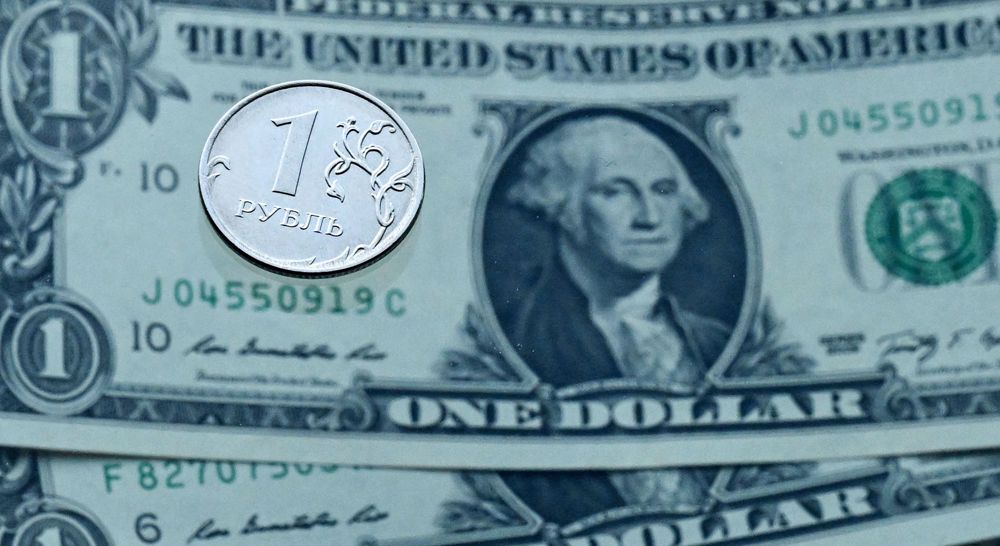
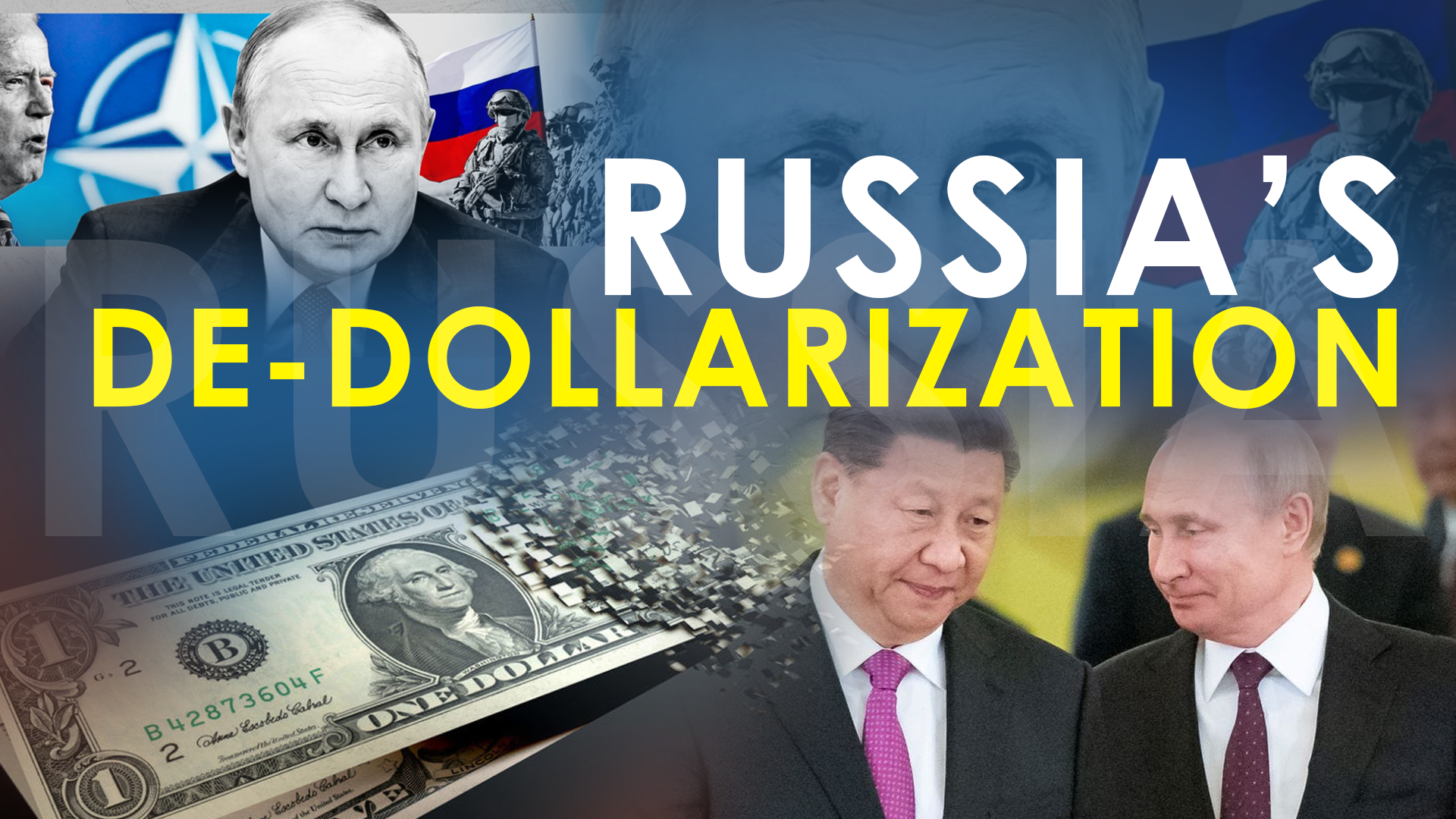
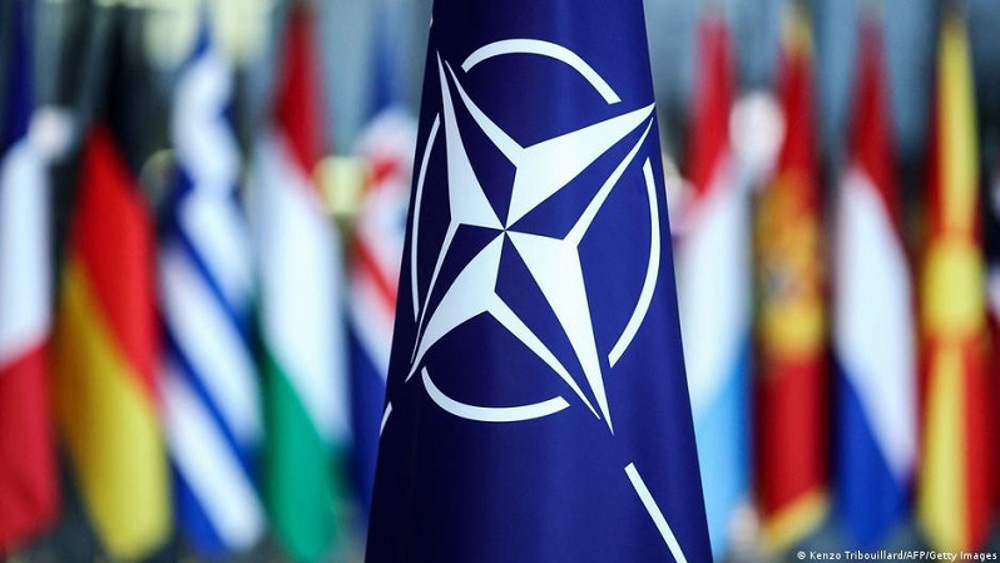

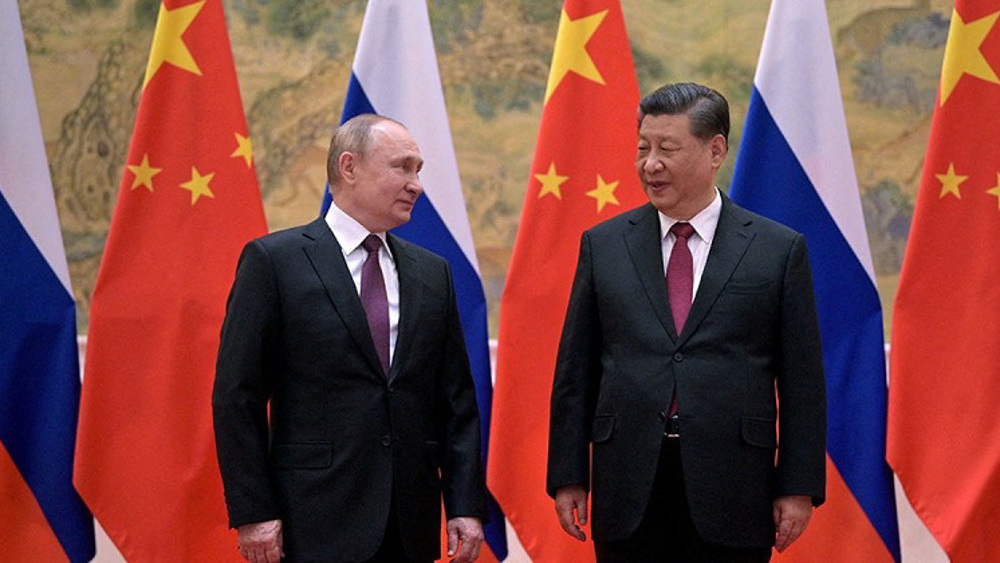
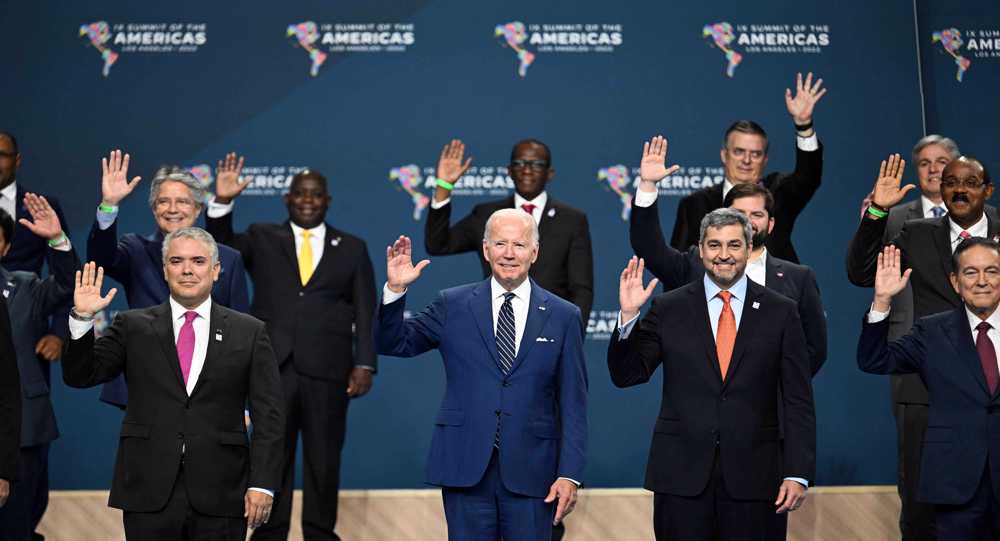
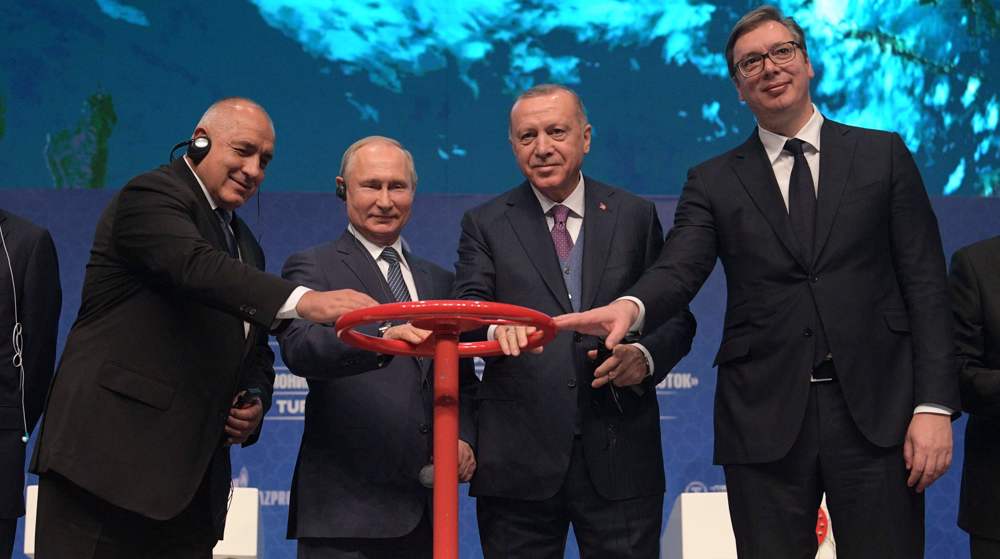
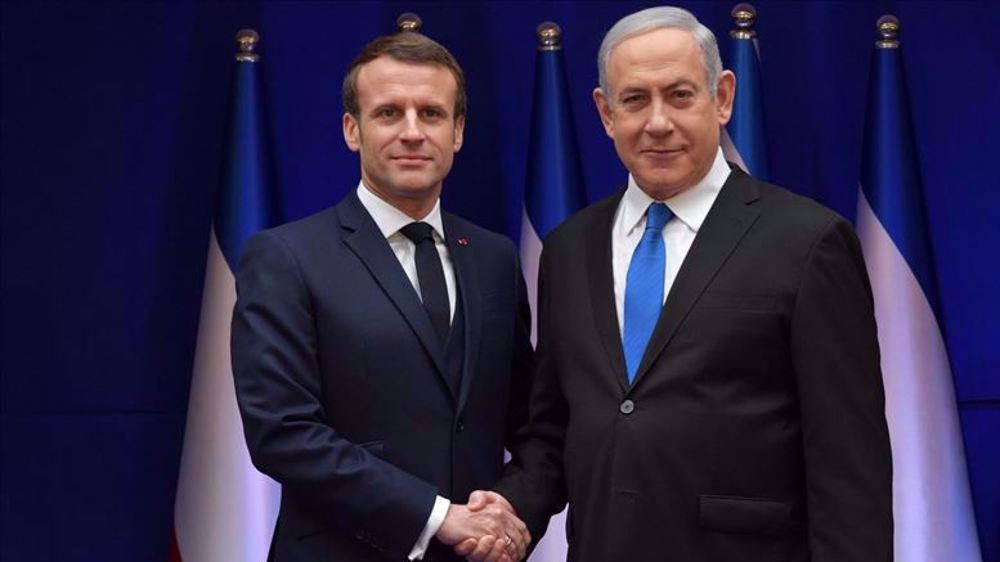

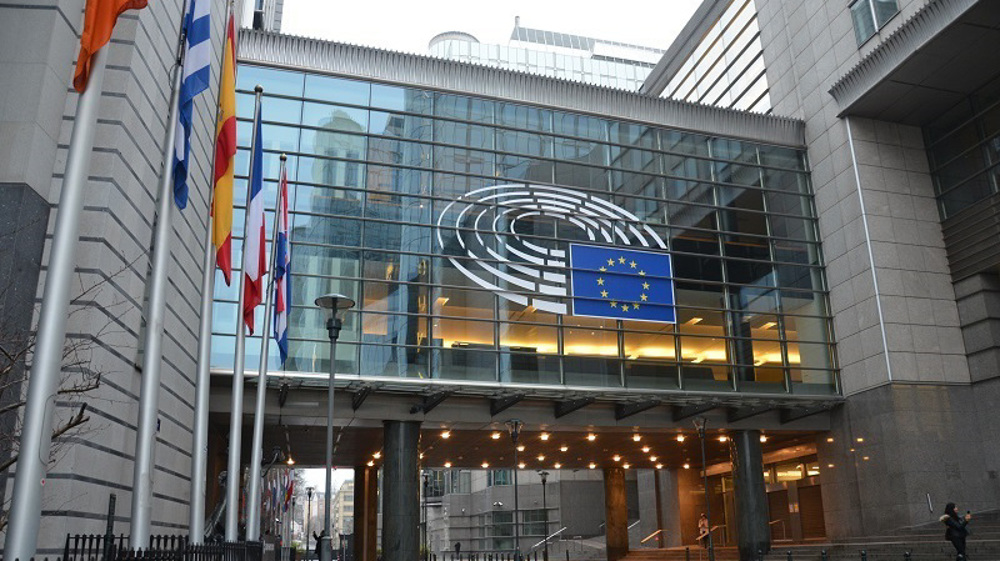




 This makes it easy to access the Press TV website
This makes it easy to access the Press TV website